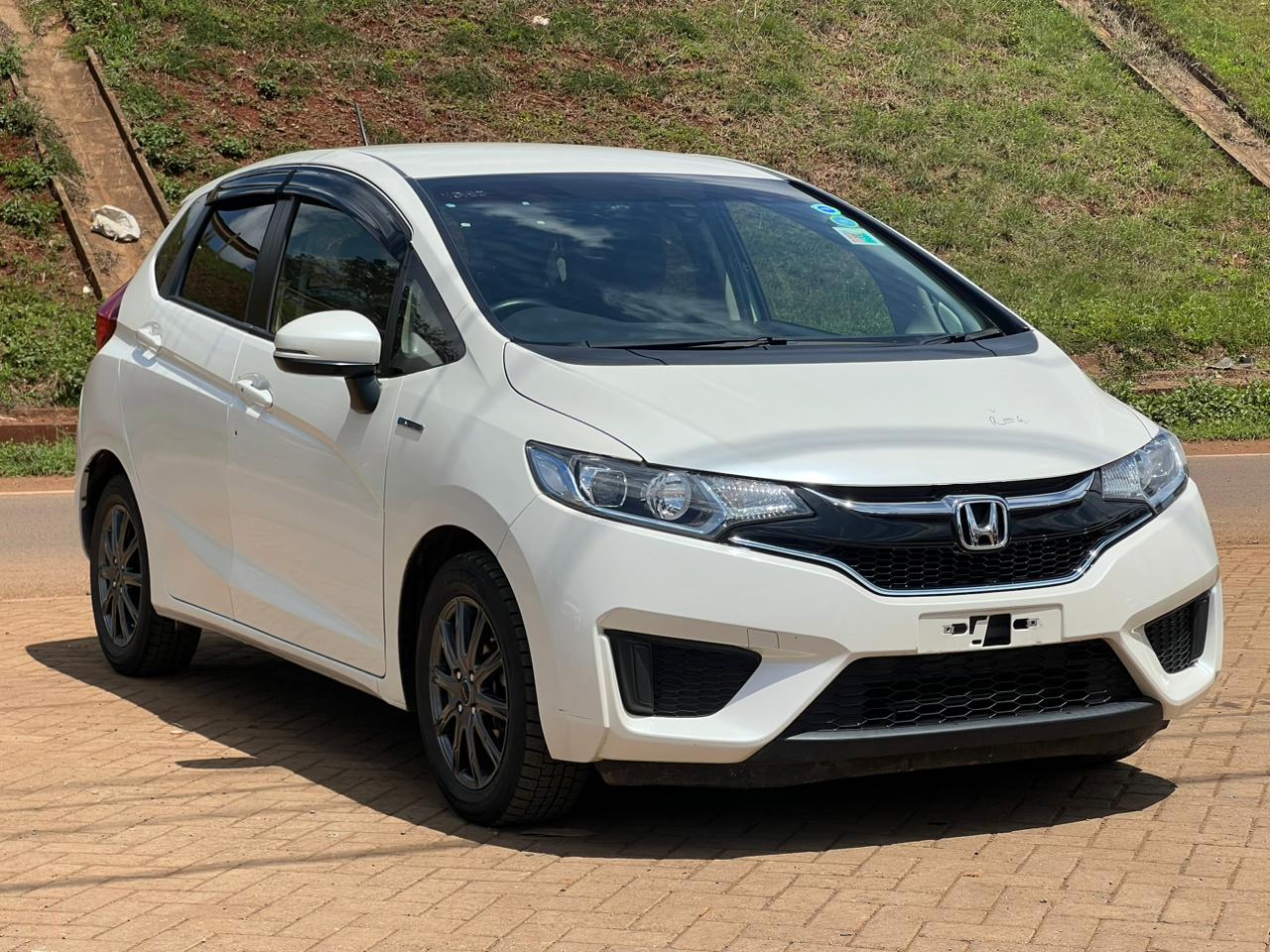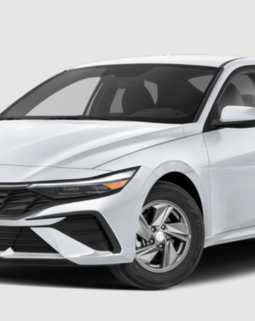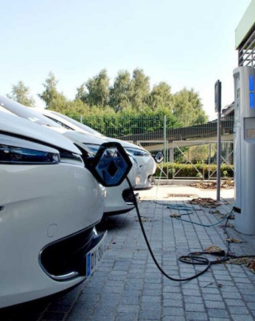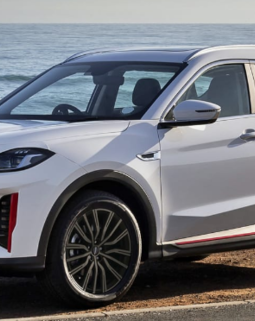Discover the top hybrid and electric cars ideal for Kenyan roads in 2025. Learn about fuel savings, battery life, and the most reliable models for local driving.
The Future of Driving in Kenya Is Electric
Kenya is accelerating toward cleaner, more sustainable transport solutions. Rising fuel costs, environmental concerns, and government incentives are prompting Kenyan drivers to rethink their choices—and hybrid and electric vehicles (EVs) are taking centre stage.
But which models truly suit our roads, terrain, and budgets?
In this in-depth guide, we review the best hybrid and electric cars for Kenyan roads in 2025, covering performance, reliability, charging infrastructure, and affordability. Whether you’re commuting in Nairobi traffic or navigating rural routes, there’s an eco-friendly car made for your lifestyle.
For the latest Kenyan automotive insights and news, explore AutosKenya.com, your go-to hub for smart driving choices.
Why Hybrid and Electric Cars Make Sense in Kenya
Kenya is uniquely positioned to benefit from clean mobility:
-
Hydroelectric power provides a renewable source for charging EVs.
-
Fuel prices remain high, making hybrids more economical long-term.
-
Urban areas face increasing pressure to reduce emissions.
The government is also promoting electric mobility through tax exemptions and encouraging investment in charging infrastructure. According to Automag.co.ke, EV adoption in Kenya is expected to grow by over 30% annually over the next five years.
Key Factors When Choosing a Hybrid or EV in Kenya
Before we dive into specific models, here are important considerations for Kenyan drivers:
1. Ground Clearance
Road conditions in many parts of Kenya—especially outside urban centres—demand cars with sufficient ride height to avoid undercarriage damage.
2. Battery Life & Charging
-
For hybrids, battery charging happens during driving, so no external chargers are needed.
-
For EVs, you’ll need access to public or home charging—charging stations are expanding in Nairobi, Mombasa, Kisumu, and Naivasha.
3. Fuel Economy
With petrol and diesel prices still volatile, fuel-saving hybrid cars offer the best of both worlds—low emissions and no charging anxiety.
Best Hybrid Cars for Kenyan Roads (2025)
1. Toyota Prius (Hybrid)
-
Engine: 1.8L petrol + electric motor
-
Fuel Economy: ~25–30 km/l
-
Ground Clearance: Approx. 150 mm (OK for urban areas)
-
Ideal For: Nairobi commuters and fuel-conscious drivers
The Prius remains a top choice in Kenya due to its proven reliability and long battery life. It’s also widely available on the used car market.
🛒 Find well-maintained second-hand Prius listings on Auto24.co.ke, including models from 2015 onwards that comply with Kenya’s import rules.
2. Toyota Axio Hybrid
-
Engine: 1.5L hybrid
-
Fuel Economy: ~28 km/l
-
Ground Clearance: 160 mm
-
Ideal For: Urban driving and long-distance trips
This compact sedan is a favourite among Uber and Bolt drivers thanks to its low fuel consumption and ease of maintenance.
“The Axio Hybrid gives you the feel of a petrol car with the economy of an electric,” notes a review on AutosKenya.com.
3. Honda Fit Hybrid
-
Engine: 1.5L petrol + hybrid motor
-
Fuel Economy: 26–30 km/l
-
Ground Clearance: 150–160 mm
-
Ideal For: First-time car owners and daily commuters
Affordable and compact, the Honda Fit Hybrid has been gaining traction in Kenya for its smooth performance and availability of spare parts.
📍 Tip: Always check the battery health before buying. Auto24 provides verified listings with maintenance records for peace of mind.
4. Nissan X-Trail Hybrid
-
Engine: 2.0L petrol + hybrid motor
-
Fuel Economy: ~18–20 km/l
-
Ground Clearance: 210 mm
-
Ideal For: Rural roads and off-road trips
For families and adventurers looking for more power and comfort, the X-Trail hybrid combines SUV utility with greener driving.
Best Electric Vehicles (EVs) for Kenya in 2025
1. Nissan Leaf
-
Battery Range: ~250 km per charge
-
Charging Time: 6–8 hours on standard wall socket
-
Ideal For: Nairobi and Mombasa city driving
The Nissan Leaf is one of the most affordable EVs in Kenya. It's compact, efficient, and perfect for urban commutes.
📍 Charging stations now available at:
-
Sarit Centre (Nairobi)
-
Two Rivers Mall (Nairobi)
-
Naivas Supermarket (Kisumu & Nakuru)
2. Hyundai Kona Electric
-
Battery Range: ~480 km per charge
-
Charging Time: 7–10 hours (AC), 75 min (DC Fast Charging)
-
Ideal For: Long-distance travel
This sleek SUV is ideal for drivers who need a larger vehicle with extended range. Though priced higher, it qualifies for 100% EV tax exemptions.
Learn more about EV tax savings in our Electric Car Buyer’s Guide.
3. BYD Dolphin
-
Battery Range: ~400 km
-
Charging Time: ~1 hour with DC charger
-
Ideal For: Eco-conscious millennials and city drivers
The BYD brand is rapidly gaining ground in Kenya, offering feature-packed electric cars at competitive prices. The Dolphin model offers advanced tech, good range, and a compact footprint—perfect for Nairobi’s busy streets.
🛒 For listings of used or slightly driven electric cars like the BYD Dolphin, visit Auto24.co.ke.
Charging Infrastructure: Where Can You Charge in Kenya?
Kenya’s EV charging infrastructure is growing, but still concentrated in urban areas. Currently:
-
Nairobi has over 20 public charging stations
-
Mombasa and Kisumu are rolling out public chargers in malls and gas stations
-
KenGen has announced plans for national charging corridors on major highways
For now, EVs are best suited for city dwellers or those with home-charging setups.
Cost Comparison: Hybrid vs EV vs Petrol
Vehicle Type Upfront Cost Running Cost (Per 100 km) Maintenance Petrol Car Lower High (KSh 1,000+) Frequent Hybrid Mid-range Moderate (KSh 400–600) Moderate EV Higher Very low (KSh 100–200) Minimal💡 While EVs may cost more upfront, they offer long-term savings in fuel and maintenance.
Tips for Buying Hybrid or Electric Cars in Kenya
-
Check KEBS Compliance – Ensure the vehicle meets age and safety regulations.
-
Inspect Battery Health – A weak battery can reduce range and increase costs.
-
Understand Warranty Terms – Some hybrids/EVs come with 5–8 year battery warranties.
-
Buy from Verified Dealers – Platforms like Auto24.co.ke offer listings with full import documentation.
Future Outlook: What’s Next for Green Mobility in Kenya?
Kenya is committed to scaling electric mobility through:
-
Tax incentives for EV importers
-
Green bonds and financing for local EV assembly
-
Public-private partnerships for national charging networks
By 2030, the government aims to have at least 5% of registered vehicles be electric.
Stay updated with developments in EV infrastructure by following AutosKenya’s News Section.
Conclusion: Ready to Go Green?
Hybrid and electric cars are no longer futuristic luxuries—they are practical, efficient, and increasingly accessible for Kenyan drivers. Whether you choose a hybrid for fuel economy or an EV for zero emissions, these vehicles are ideal for today’s roads and tomorrow’s environment.
📣 Have you driven or owned a hybrid/EV in Kenya? Share your experience on AutosKenya.com, and help others make smart, sustainable car-buying decisions.
🧭 Want help choosing the right vehicle? Explore:
-
How to Import Hybrid Cars to Kenya (2025 Update)
-
Top Fuel-Saving Cars Under KSh 1M





